In the latest poll conducted by the Cato Institute, a prominent libertarian research group in Washington, D.C., only 16% of Americans expressed support for Central Bank Digital Currency (CBDC) while 34% outright rejected the idea. Interestingly, nearly half (49%) of the respondents remained ambivalent, indicating they hadn't formed a strong opinion on the matter yet.
Alarmingly, the survey found that only 28% of participants were familiar with what CBDCs are, despite the increasing interest in the concept within the realm of cryptocurrencies and in the lead-up to the 2024 elections.
Similar to stablecoins that are tied to a specific sovereign currency such as the US dollar, CBDCs serve as digital substitutes for physical cash. However, these digital currencies are managed by government or central bank authorities, rather than being implemented on decentralized networks by private entities. Furthermore, CBDCs have faced criticism from various political figures, including Democrat Robert F. Kennedy Jr. and Republican Governor Ron DeSantis of Florida, who actively seeks to ban CBDCs in his state.
The survey revealed that more than half (53%) of Republican participants opposed CBDCs, in contrast to 22% of Democrats and 27% of Independents. Republicans also demonstrated a better understanding of CBDCs. Governor DeSantis, who is openly against the idea of a digital dollar, publicly stated that he would not allow a CBDC during his term, citing concerns over potential abuses of power, such as controlling firearm acquisitions or limiting fuel purchases.
In contrast, the Federal Reserve has stated that a CBDC designed for everyday transactions should ideally gain approval from Congress and enjoy broad societal consensus. However, the situation is different for a digital dollar intended for use by financial institutions. Only around 22% of Americans indicated they would consider using a CBDC if it were made available. The survey ultimately revealed that while Republicans are more likely to oppose a CBDC and have a better understanding of its implications, Democrats also harbor some similar concerns.





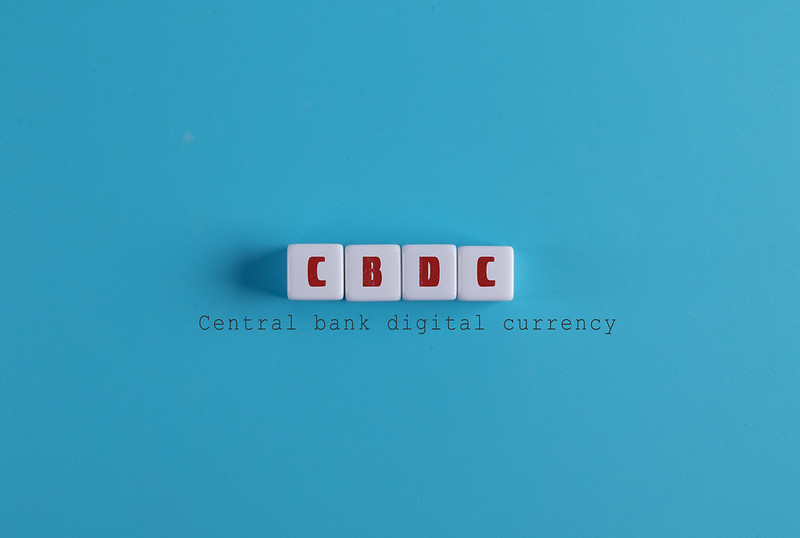



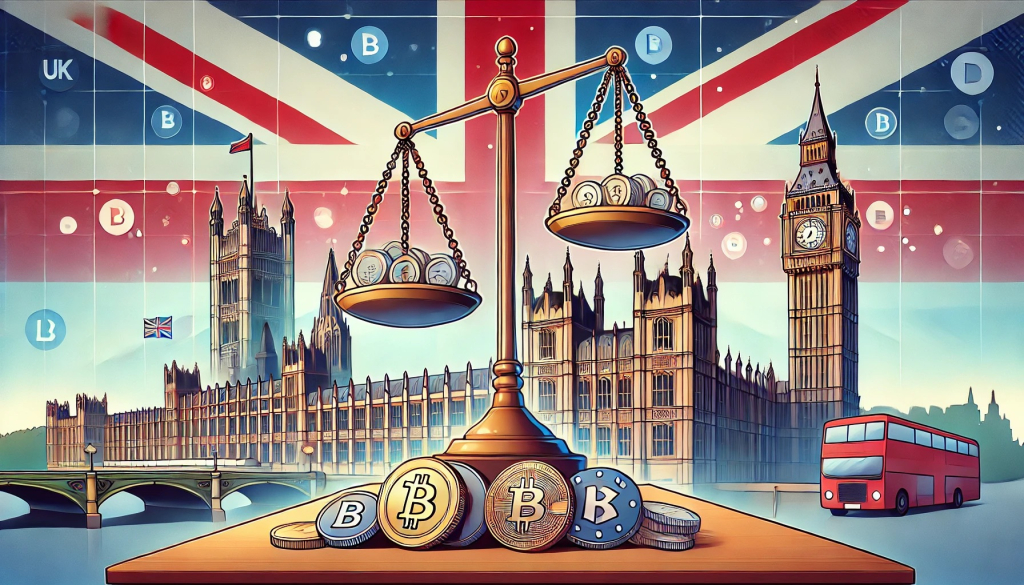



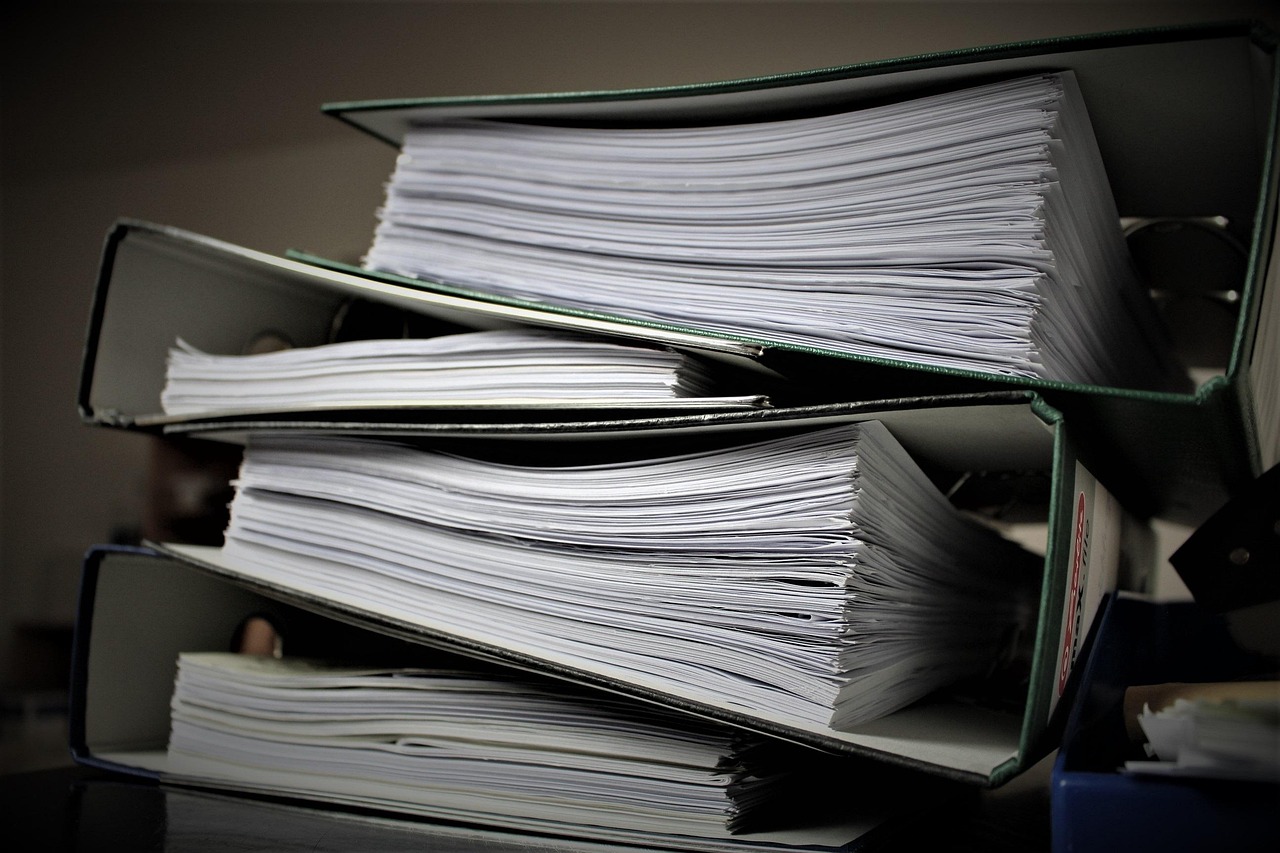



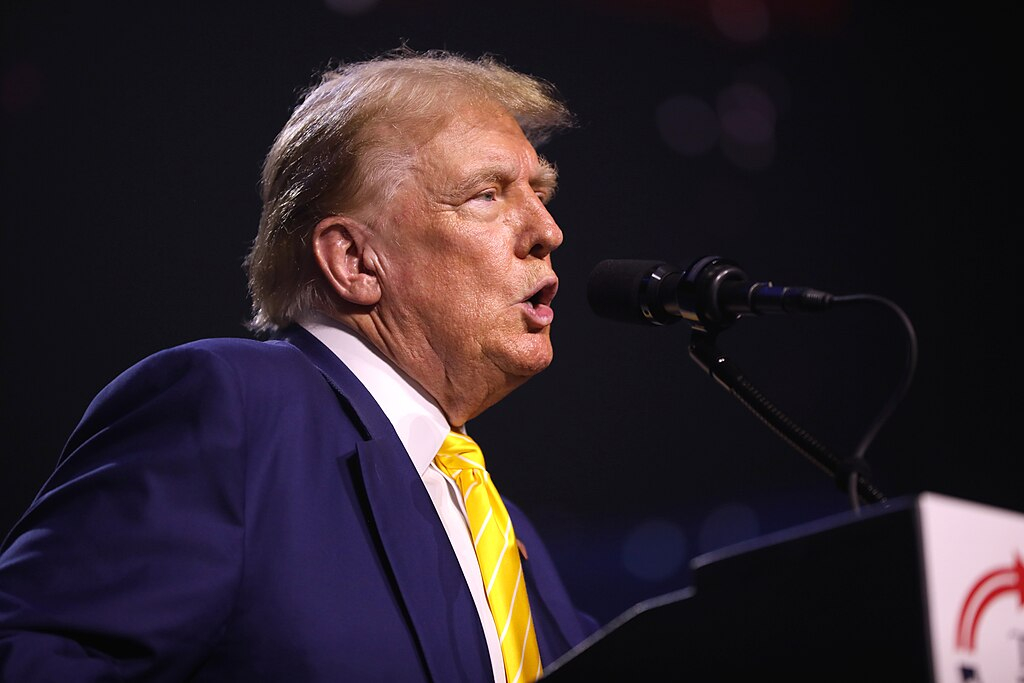
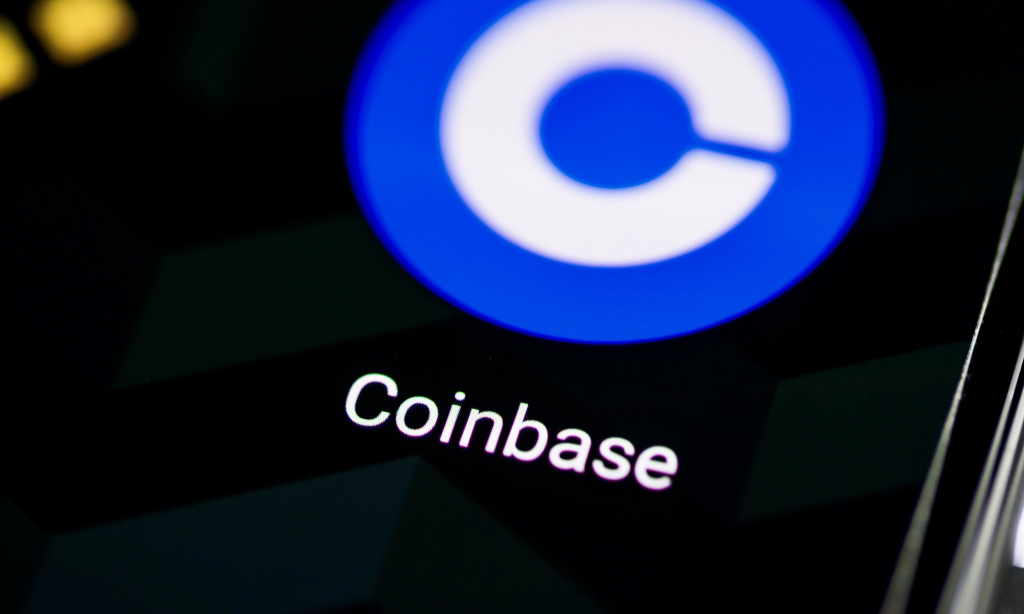

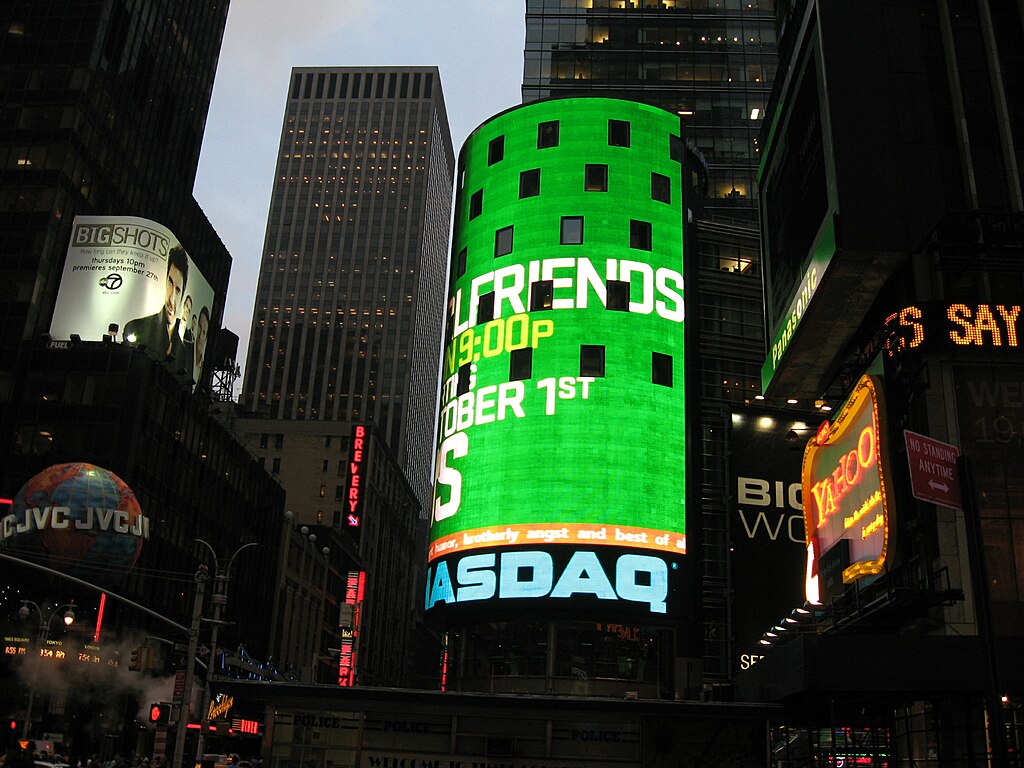


Comment 0